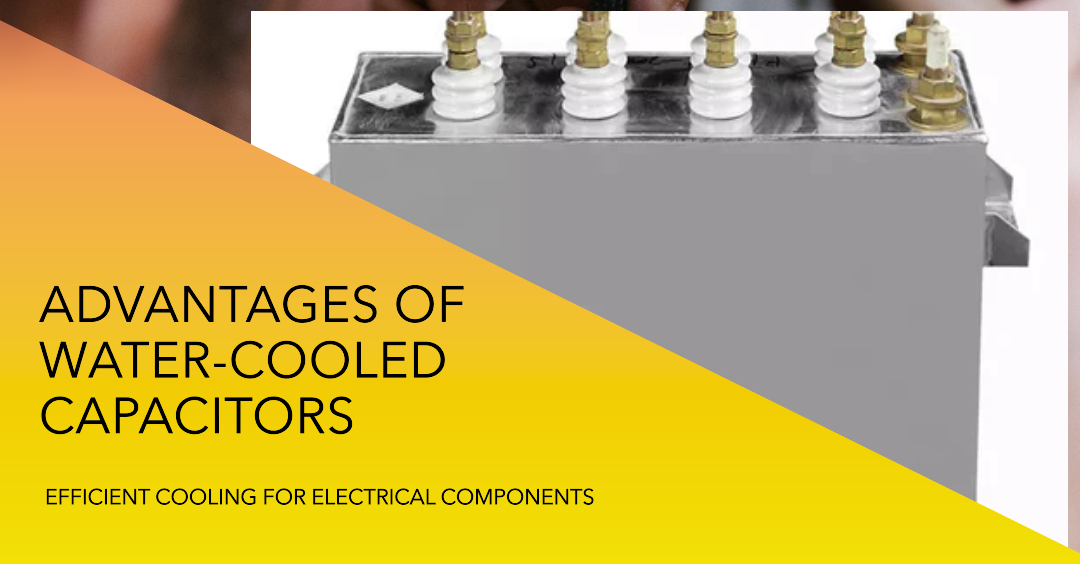Water Cooled and Air Cooled Capacitors Pros and Cons
Advantages of Water-Cooled Capacitors
Water cooled capacitors are more expensive than air cooled capacitors, but they offer a number of advantages, including:
- Higher power handling: Water cooled capacitors can handle more power than air cooled capacitors. This makes them ideal for applications where high power is required, such as power generation and induction heating.
- Longer lifespan: Water cooled capacitors have a longer lifespan than air cooled capacitors. This is because water is a more efficient heat conductor than air, so the heat generated by the capacitor is dissipated more quickly, which helps to prevent the capacitor from overheating.
- Reduced noise: Water cooled capacitors produce less noise than air cooled capacitors. This is because the water helps to dampen the vibrations of the capacitor, which reduces the amount of noise that is produced.
However, water cooled capacitors also have some disadvantages, including:
- More complex: Water cooled capacitors are more complex than air cooled capacitors. This is because they require a water cooling system, which adds to the cost and complexity of the capacitor.
- More maintenance: Water cooled capacitors require more maintenance than air cooled capacitors. This is because the water cooling system needs to be regularly inspected and maintained to ensure that it is working properly.
Air-cooled capacitors are less expensive than water cooled capacitors, but they offer some advantages, including
- Simpler: These capacitors are simpler than water cooled capacitors. This is because they do not require a water cooling system, which reduces the cost and complexity of the capacitor.
- Less maintenance: Air-cooled capacitors require less maintenance than water cooled capacitors. This is because they do not have a water cooling system that needs to be regularly inspected and maintained.
However, air-cooled capacitors also have some disadvantages, including:
- Lower power handling: Air cooled capacitors can handle less power than water cooled capacitors. This makes them ideal for lower-power applications, such as lighting and appliances.
- Shorter lifespan: Air-cooled capacitors have a shorter lifespan than water cooled capacitors. This is because the air is not as efficient at dissipating heat as water, so the capacitor is more likely to overheat, which can shorten its lifespan.
- More noise: Air cooled capacitors produce more noise than water cooled capacitors. This is because the air is not as effective at dampening the vibrations of the capacitor, which increases the amount of noise that is produced.
The best type of capacitor for a particular application will depend on the specific requirements of the application. If high power and high frequency are required, then a water-cooled capacitor is the best option. However, if lower power and lower noise are required, then an air cooled capacitor is the better choice.
